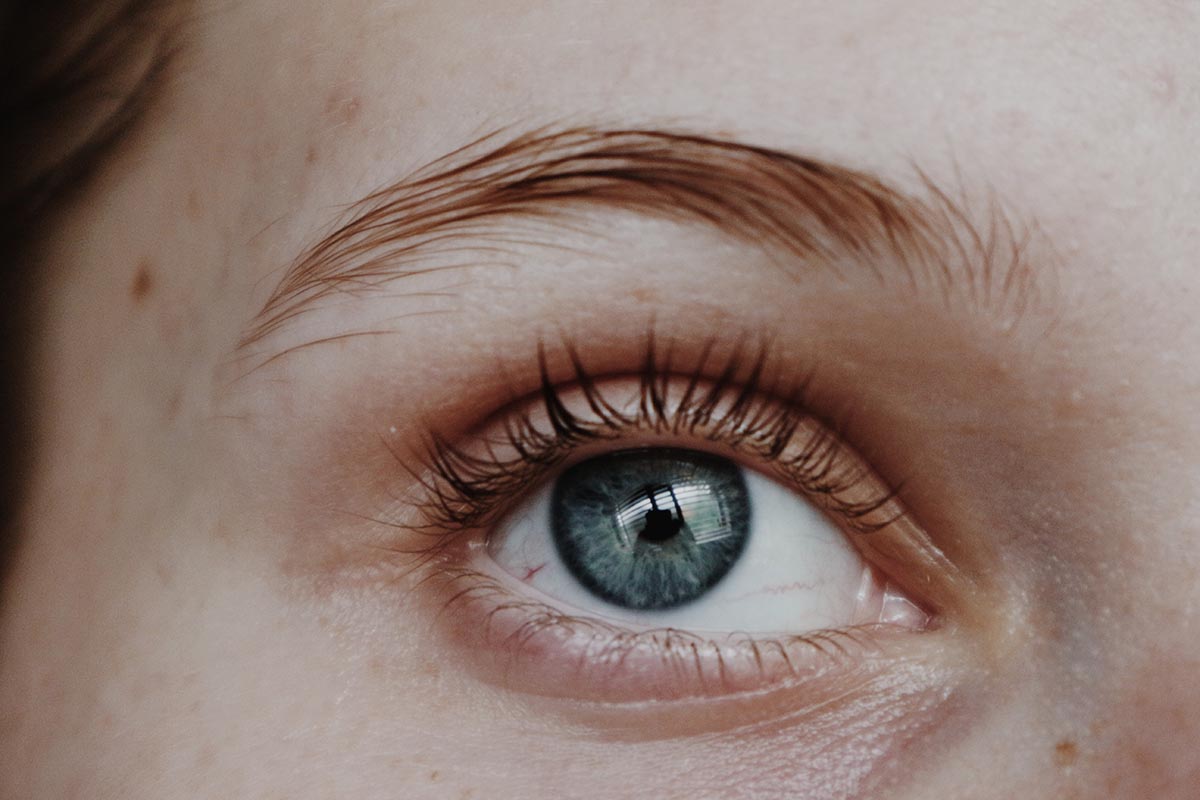Things you Can do When you Have Psoriasis Next to your Eyes
Psoriasis is a chronic skin illness caused by an overactive immune system. People with psoriasis may have painful areas of dead skin accumulation all over their bodies. These patches may be red, inflammatory, or both. Psoriasis can also appear in and around your eyes, so you will need to take extra care of yourself.
Symptoms That You Should Search For
Psoriasis is characterized by red, scaly patches that appear most frequently on the scalp, knees, elbows, chest, and abdomen. The appearance of it varies slightly depending on whether it is in or around your eyes. Among the signs are:
- Red, swollen eyelids;
- Eyelids that are crusted and crusty. Because of this, the margins of your eyelids could begin to bend upwards or downwards;
- Eyelashes that have been covered in scales;
- A sensation of itching or burning in and/or around the eye(s.)
Possible Eye Psoriasis Treatments
It’s essential to take extra precautions while treating conditions that impact the eye region. Do not rub or scrape at your eyes since doing so may aggravate your condition or cause infection.
Psoriasis cannot be cured, but it may be controlled, including the appearance of the disease around the eyes. The goal is to alleviate your symptoms, halt the proliferation of skin cells and minimize inflammation. Medical and natural medicines are distinguished as therapeutic options.
Understand the condition
It’s important to understand your condition if you have psoriasis around the eyes. This will help you manage your symptoms and avoid triggers. Here are some things you can do:
- Learn about your type of psoriasis. There are several types of psoriasis, and each one has its own set of symptoms. Talk to your doctor about your specific condition.
- Keep track of your symptoms. Write down when you have flare-ups and what seems to trigger them. This will help you and your doctor figure out the best way to treat your condition.
- Avoid triggers. Once you know what triggers your symptoms, try to avoid them. Common triggers include stress, certain medications, and infections.
- Take care of your skin. Gentle cleansing and moisturizing can help soothe your skin and reduce flare-ups. Avoid harsh soaps and chemicals, which can irritate your skin.
- Talk to your doctor about treatment options. Many treatments are available for psoriasis, and your doctor can help you find the right one.
Be gentle with the skin around your eyes
When you have psoriasis on eyelids, it is essential to be gentle with the skin around your eyes. The skin around your eyes is very delicate and can be easily irritated. Use a mild, fragrance-free cleanser to clean the skin around your eyes.
Avoid scrubbing or rubbing the skin around your eyes. Use a soft cotton towel to pat the skin around your eyes dry. Be sure to apply a moisturizer to the skin around your eyes after cleansing to help keep the skin hydrated.
Try a hypoallergenic moisturizer
When you have psoriasis next to your eyes, one of the best things you can do is to try a hypoallergenic moisturizer. This moisturizer will help to soothe the skin and reduce the inflammation often associated with this condition.
There are a number of different hypoallergenic moisturizers on the market, so it is important to find one that is right for you. Be sure to read the labels carefully to ensure that the moisturizer you choose does not contain any ingredients that could trigger a flare-up of your psoriasis.
Use a humidifier
A humidifier is a great way to add moisture to the air, especially during the winter when the air is drier. This can help to relieve the symptoms of psoriasis, as well as help prevent the condition from worsening. Be sure to clean your humidifier regularly to avoid mold and bacteria growth.
Talk to your doctor
You must talk to your doctor if you have psoriasis around your eyes. The skin around the eyes is susceptible, and the condition can cause serious problems if not treated properly.
Your doctor can prescribe medication to help clear psoriasis and prevent it from returning. They can also suggest other treatments, such as light therapy, to help relieve the symptoms.
Conclusion
It’s important to follow your doctor’s advice and keep up with your treatment plan. With the right treatment, you can keep psoriasis under control and minimize the risk of complications.
There are treatments available for psoriasis that occurs around the eyes. Collaborate with your primary care physician or another qualified medical expert to develop a treatment plan to reduce your symptoms’ severity. Some therapies can lessen the likelihood of you acquiring new plaques in the future.
If your body stops reacting to the therapies you’ve been using, your doctor may need to adjust your treatment plan. If this occurs, you must adhere strictly to the revised treatment plan. The adjustments to your therapy will help you continue to reduce the number of bothersome and painful psoriasis flare-ups.




















